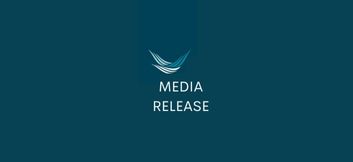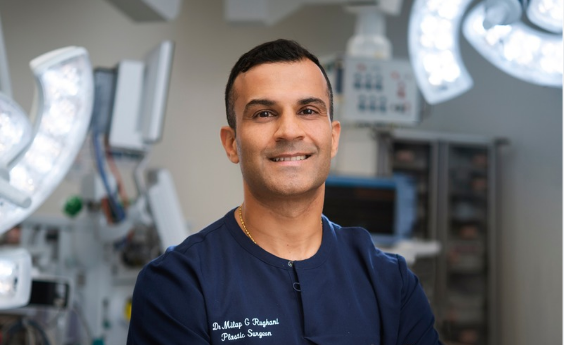Information For Patients
Questions for Your Surgeon
- Complaints Process
- Complications arising from surgery performed outside Australia
- Fees
- Is Your Surgeon an ASPS Member?
- Medicare funding confirmed for Abdominoplasty with muscle repair after pregnancy.
- Medicare funding confirmed for Abdominoplasty with muscle repair after pregnancy.
- Patient Updates
- Plastic Surgery Glossary
- Questions for Your Surgeon
- What Does FRACS Mean?
- What Does Specialist Plastic Surgeon Mean?
- What Training Does an ASPS Member Have?
- Will Medicare Cover my Procedure?
Questions for Your Surgeon
Australian Society of Plastic Surgeons would recommend that you ask your surgeon the following questions during your consultation.
You can also print these questions out by clicking here.
- Do you have a consent form outlining the procedure for me?
- How do I know if my procedure is considered invasive?
- Will there be any discomfort following the procedure?
- How do I manage any discomfort from the procedure?
- Will I need time off work?
- Are there other post-operative side effects?
- Will there be any visible scarring following the procedure?
- How can I minimise any scarring?
- What do my fees cover?
- What aftercare will be provided?
- Will aftercare be provided in the costs?
- Do I have any options other than surgery?
- What are the costs for my procedure?
Understanding your Procedure
As part of the research you undertake to find a Specialist Plastic Surgeon, you will also need to understand what is involved with your procedure.
It is important to understand what your procedure involves and the anticipated results. Your surgeon will be able to discuss your expectations with you and share any possible side effects or complications that may occur and what you will need to do after your procedure.
We have listed some topics regarding reconstructive and cosmetic plastic surgery that you may consider as part of your research.
Asking your surgeon how often they perform your procedure will help you understand their experience level.
All surgery, cosmetic and reconstructive, whether performed under local or general anaesthetic, in day surgery or in hospitals, can carry serious risk. With a substantial rise in the number of Australians undergoing cosmetic procedures in the last 10 years, cosmetic surgery has become ‘normalised’ and accepted as common place.
Cosmetic surgery is like any other kind of surgery in that it carries serious risk and therefore needs to be seriously considered. A patient can have an adverse reaction to the anaesthetic or be affected by postoperative complications. These problems can occur even when the surgery has been performed with the utmost skill. In addition results cannot be guaranteed. The best way to reduce risk is to consult a Specialist Plastic Surgeon that is fully trained and qualified.
In Australia, Specialist Plastic Surgeons have studied specialist surgery for a minimum of five years and have at least 12 years of total medical and surgical education. Surgeons are also Fellows of the Royal Australasian College of Surgeons (FRACS) and have undergone extensive training to perform invasive surgical procedures.
Doctors with only a MBBS (Bachelor of Medicine and Bachelor of Surgery) degree are not AMC accredited surgeons as they are not trained for invasive surgical procedures.
However in Australia it is not illegal for a medical practitioner (e.g. GP) to perform surgery.
ASPS members are Specialist Plastic Surgeons with extensive specialist training in all aspects of cosmetic and reconstructive surgery (12 years total medical and surgical education).
ASPS Specialist Plastic Surgeons perform surgeries only in accredited facilities.
In Australia it is not illegal to conduct surgical procedures in an unaccredited facility such as an office space or day procedure centre. In these settings there is often no quality assurance and no way for authorities to monitor that the surgery is being performed safely and expertly.
Australian Society of Plastic Surgeons believes that Australian consumers need to be protected, making it mandatory for all facilities undertaking invasive cosmetic surgery procedures to meet the practice standards of the Australian Day Surgery Council and have compulsory registrations and accreditation to ensure:
- Anaesthesia use is safe
- Infection control, sterile supply and clinical waste management
- Minimum quality and audit requirements (e.g. medicines checked they have not reached their used by dates and are kept at the right temperatures)
- Credentialing of clinical staff
- Building and facility issues (e.g. the resuscitation equipment works)
You may like to discuss this with your surgeon in your consultation. Australian Society of Plastic Surgeons, Specialist Plastic Surgeons only use qualified Anaesthetists.
Featured Stories

ASPS welcomes new Ahpra guidelines for Non-Surgical Cosmetic Practitioners
Sydney. June 3, 2025: The Australian Society of Plastic Surgeons…
Continue reading
